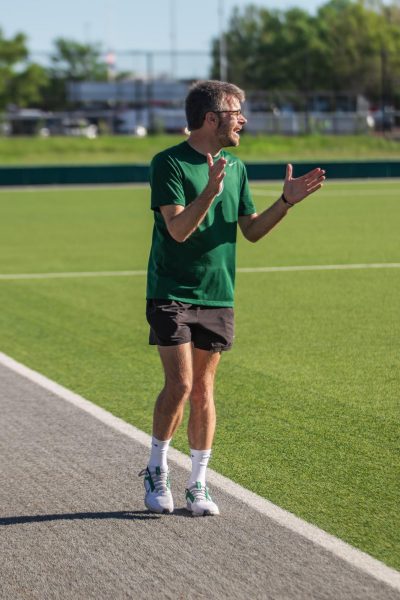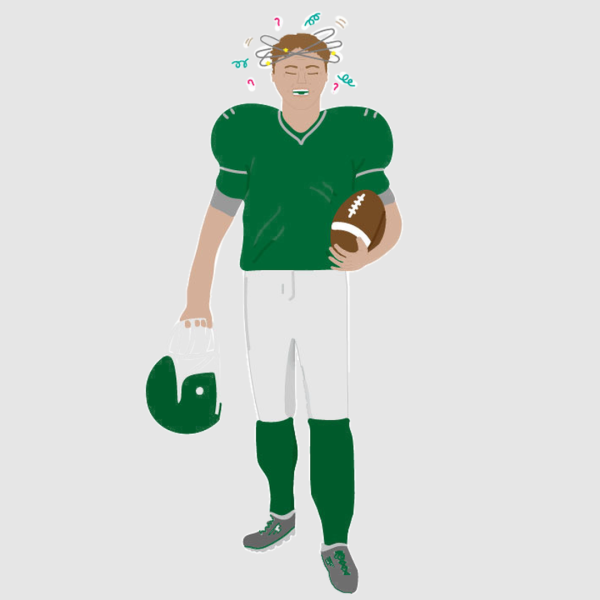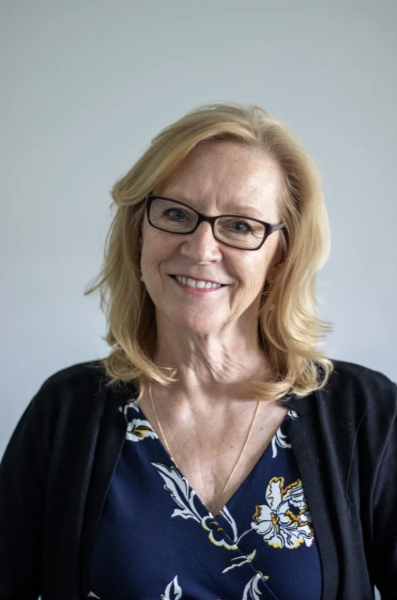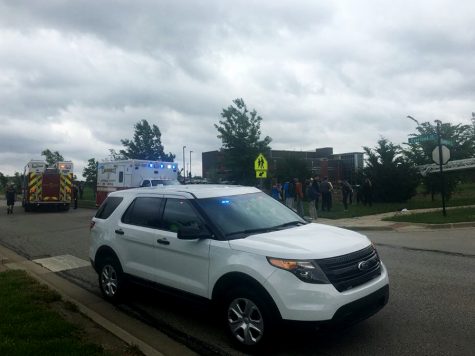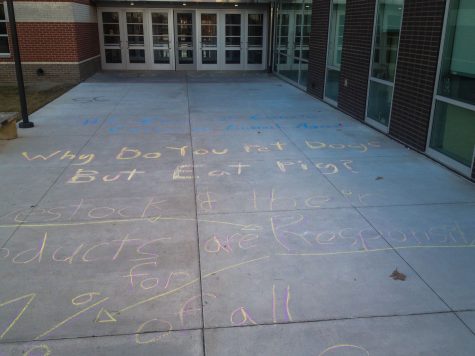Nontraditional areas on political spectrum put students ‘in the middle’
As the first semester draws to a close, students and teachers can feel stuck in the middle. While many feel stuck in Kansas, some appreciate its simplicity. Others are somewhere between a friendship and a relationship. For siblings being stuck in the middle can mean defying expectations. Those in the middle of the political spectrum discuss how moderation affects their lives. Firebirds acknowledge the stress of mid-year and provide finals tips. All in all, being in the middle encompasses different experiences.
In the mind of junior Seamus Ryan, the perfect government would mirror those of Nordic countries like Sweden and Norway. Ryan, who considers himself a Democratic Socialist, envies the free healthcare and secondary education many of these countries provide for their citizens.
“It’s a lot more government-funded programs rather than, ‘if you can’t afford it, then too bad,’” Ryan said.
Though Kansas as a whole generally votes conservative and Law- rence leans liberal, there are some students who classify themselves as neither. Ryan places himself in the latter group.
Another student with independent views is senior Cadence Learned.
“I would describe my political views as reformative, as in the current system that we do use in our society doesn’t really provide people the standards of living that it should,” Learned said.
While many Lawrencians tend to be accepting of reformative views, they don’t believe the system needs to be completely changed, Learned said.
“A lot of people tend to think we just need to reform within the system we currently have,” Learned said. “I’m usually labeled as a Democrat or liberal when in fact, I don’t even believe in political parties as a whole because I think they hinder our policy from getting to its full potential. Rather than working for a common goal, we’re just having a power struggle for Congress.”
An independent is an individual who does not align with a particular political party according to AP Government and Modern World History teacher Jeff Haas.
Moderates are occasionally grouped with independents in political discussion. However, the two are very different. Haas classifies moderates as those whose political views don’t place them on one end or the other of the liberal-conservative political spectrum.
“So it’s possible for a moderate to hold a view on a singular issue that’s not moderate, but on a range of issues it would put you between conservatism and liberalism,” Haas said.
Though sophomore Ting Ting Shi has more liberal views, she calls herself an independent.
“I don’t like to align myself with any political party because at different times, there could be better people in some party than there are in others,” she said.
Like Shi, senior Lydia Palmer has more liberal views. However, she is an independent for different reasons than Shi.
“I have certain viewpoints, but I don’t really agree with how either party would solve these problems,” Palmer said.
Those with nontraditional political views still impact the political process. The two major candidates can count on votes from their parties, but Independent voters tend to vote based on candidates.
“Whoever can appeal to moderates and Independents has a tendency of winning,” Haas said.
Some students with these views have already chosen their favorite candidate for the next election. Learned and Palmer would vote for Bernie Sanders if the election were today, and Shi would vote for Hillary Clinton.
“I would say I agree more with Bernie Sanders’ views, but because he’s so far left I don’t think that he could actually make as big of a difference … as Hillary Clinton,” Shi said.
Though many students are independent for different reasons, Palmer believes extremity on the political spectrum is bad for the government.
“People are a little too extreme sometimes, on either end,” Palmer said. “There’s no reason to just be extreme, in my opinion.”




